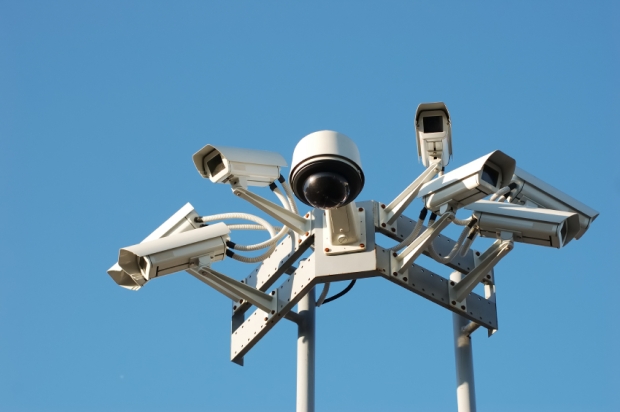Hardly anyone is completely themselves around new people. There are the awkward hellos, small talk, and unnecessary politeness. “Transparency” is a concept mentioned in the book The Circle by Dave Eggers. This concept includes giving volunteers- some normal people, some government officials- cameras connected to a live streaming video feed that anyone can view. This gives the volunteers no privacy but they are led to believe the feed will give those with disabilities or others who want to experience the world through the eyes of someone else an advantage. But isn’t it true that everyone needs some privacy? It seems that whoever is transparent could never be themselves and would never get a break. They would have to be “on” at all times.
The idea of transparency is very similar to technology nowadays. Though social media companies have yet to create “transparent” features, there is newly released Facebook Live that allows users to livestream themselves on their account, letting the user limit who can see their feed. Other social media platforms allow, and encourage, people to post as much as possible. Snapchat has created “streaks” that motivate people to snap others as many consecutive days as possible. Snapchat also allows large numbers of people people to see the world through the user’s eyes. It is easy for the viewer to judge and easy for the producer to post more and to conform to what other people are posting to receive more likes, followers, views. People begin to distort themselves online so they are not judged and so they can receive more praise. In The Circle, the main character Mae begins to distort herself little by little once she goes transparent. On page 331, after Mae’s recent transition in becoming transparent, she starts noticing a change in her habits,“The image on her wrist showed the interior of the refrigerator as she scanned for a snack. Normally, she would have grabbed a chilled brownie, but seeing the image of her hand reaching for it, and seeing what everyone else would be seeing, she pulled back.”
Celebrities see the most struggle with privacy. Going to the store becomes a big deal–various swarms of people and paparazzi crowd them–and anything celebrities post online is up for intense scrutiny. The way celebrities are perceived online and in person is very similar to the way people who go transparent in The Circle have to be. In The Circle, if the transparent person does anything out of the ordinary from what the viewers are used to seeing, they are judged, or are repeatedly asked what’s wrong. For example, on page 413 to 414, Mae begins to feel the pressure of having many people watching her. “The volume of information, of data, of judgements, of measurements, was too much, and there were too many people, and too many desires of too many people, and too many opinions of too many people, and having all of it constantly collated, collected, added and aggravated, and presented to her as if that all made it tidier and more manageable–it was too much… Mae’s wrist was flashing with dozens of messages of concern. With the help of the SeeChange cameras, watchers were noticing her standing, stock-still, her face contorted into some raging, wretched mask.” When a celebrity nowadays does something out of the ordinary, or what they say is misinterpreted, the public jumps to conclusions to form an alternate opinion around someone they don’t even know. The effect of fame on a person can be harsh, so limiting transparency is a must.
Now, we have to ask ourselves these questions: how much privacy do we need? Do we need to have time where we are not in the public eye? How much sharing is too much? The answer to these questions will differ person to person, introvert to extrovert, and shy to outgoing person. But we can agree that people need downtime here and there; time to be individuals and not worry about what others think.

I really like the ideas expressed here! I read The Circle a few months ago, and your stance on transparency makes me think of it in a more intellectual way, if that makes sense. Providing evidence from the text expands my knowledge of the ideas that are being presented. You make very good points throughout your essay and it’s strongly expressed. You also did a good job relating the book to real life, it made the essay more relatable to your readers.
LikeLike